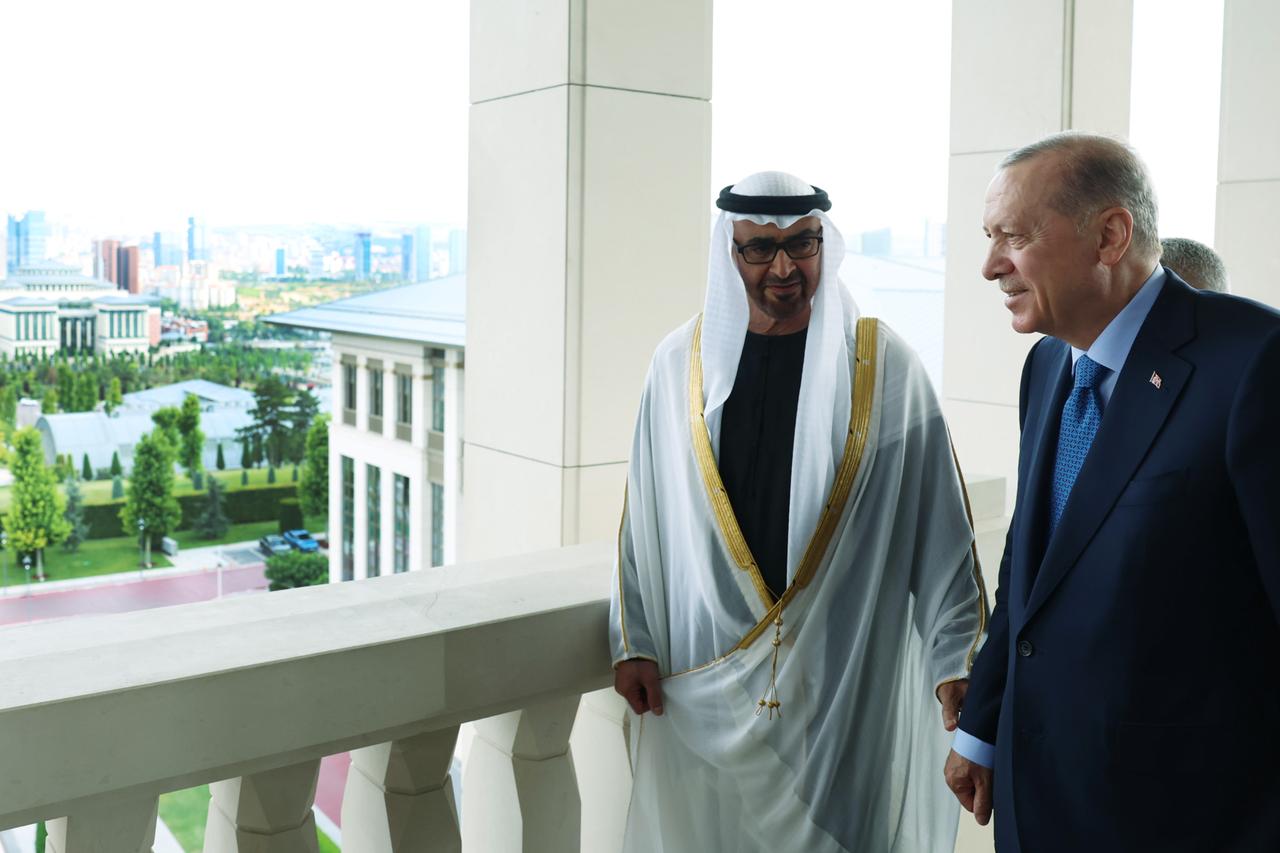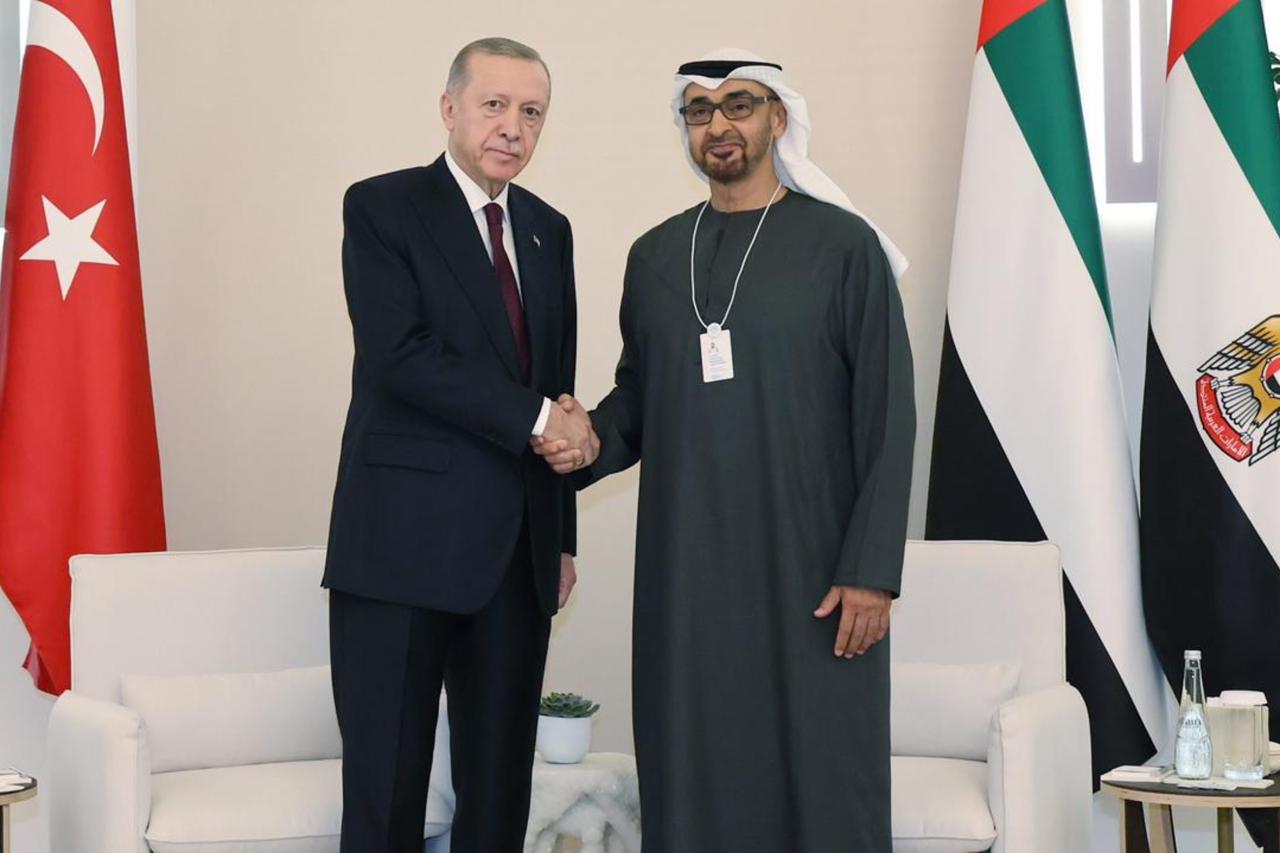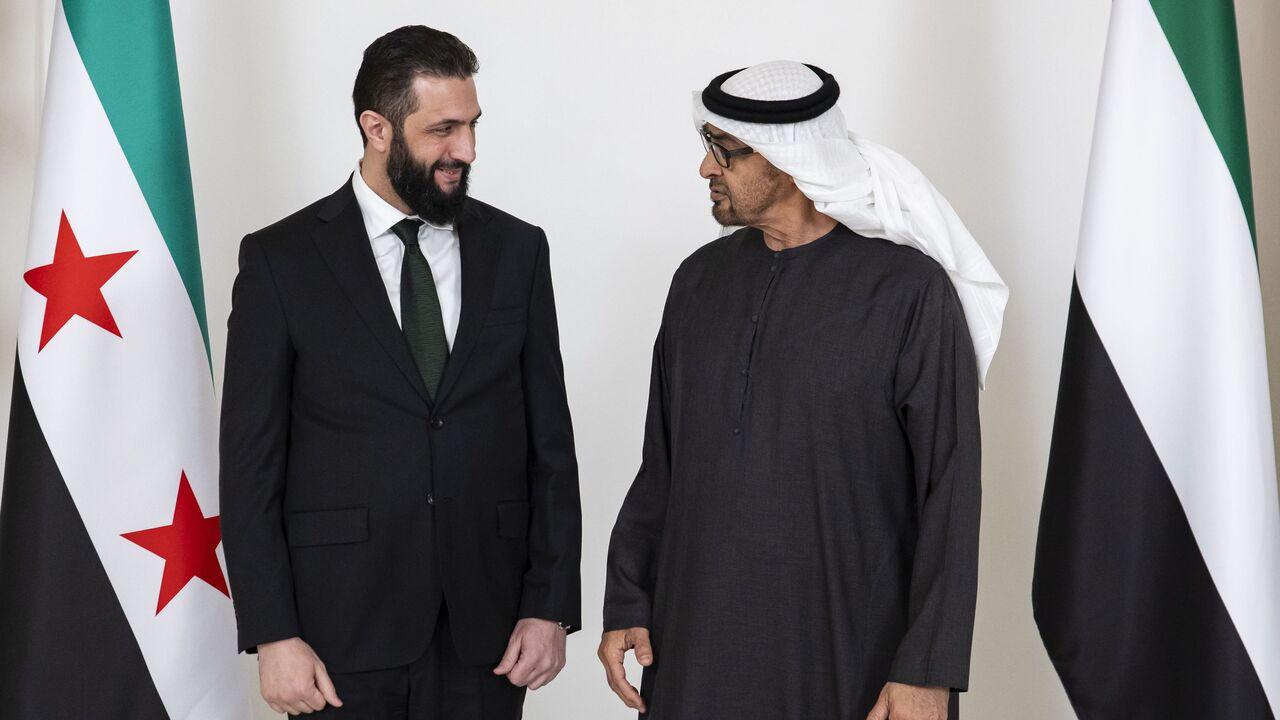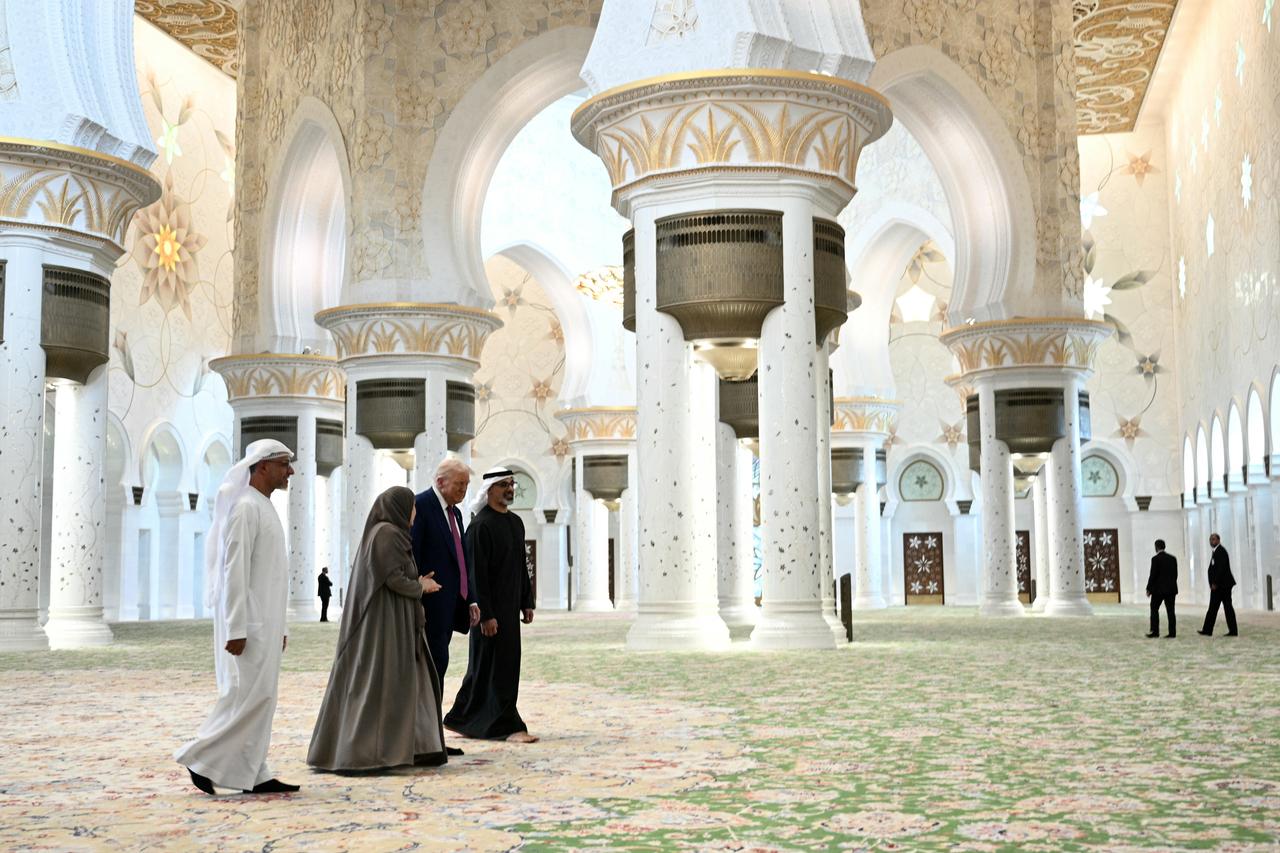

The official visit of the President of the United Arab Emirates (UAE), His Highness Sheikh Mohamed bin Zayed Al Nahyan, to Ankara on July 16, 2025, marks a pivotal moment in UAE–Türkiye relations.
It not only reaffirms the momentum of a deepening bilateral partnership but also reflects the shared commitment of both nations to navigate the Middle East’s shifting strategic landscape with prudence, pragmatism, and mutual respect.
This visit comes at a time of growing regional uncertainty. From heightened tensions in Syria and the Gaza conflict to the increasing complexities surrounding Iran and Israel, the broader Middle East remains volatile.
Against this backdrop, the UAE and Türkiye stand out as two regional powers opting for dialogue, diplomacy, and economic cooperation rather than rivalry.
Seven agreements signed during the inaugural presidential-level strategic council meeting in Ankara this week further institutionalized their burgeoning partnership.
The evolution of Türkiye–UAE ties over the past few years—from friction and competition before 2021 to today’s constructive engagement—illustrates how geopolitical pragmatism can reshape relationships.
As Türkiye and the UAE increasingly pursue autonomous foreign policies in a multipolar world order, both recognize that collaboration, not confrontation, is the more sustainable path.
This shift is most evident in their coordinated diplomatic efforts in conflict zones. Both nations have expanded their involvement in Syria, where they now support efforts toward de-escalation and reconstruction.
The UAE has discreetly facilitated back-channel talks between Syria and Israel since May, while Türkiye has cautiously signaled a willingness to engage. Yet, progress remains fragile. The Israeli airstrikes on Damascus, including areas near the Presidential Palace on 16 July, complicate these efforts and highlight how third-party actions can hinder diplomacy.
Despite divergent perspectives—Türkiye favors a centralized post-conflict Syrian state, while the UAE appears more open to a federated outcome—both agree on the need for stability and humanitarian relief.
The same spirit of coordination applies in Gaza, where both Ankara and Abu Dhabi have called for a durable cease-fire and renewed negotiations, emphasizing humanitarian access and reconstruction over political confrontation.

Economic collaboration lies at the heart of this renewed partnership. The UAE–Türkiye Comprehensive Economic Partnership Agreement (CEPA), signed in 2023, continues to create avenues for deeper trade and investment. In 2024, bilateral trade reached $15 billion—slightly lower than the previous year’s $20.1 billion but still reflecting strong long-term potential. More strikingly, however, the mid-term goal in the UAE’s non-oil trade with Türkiye is to reach over $40 billion.
Recent Emirati investments in Türkiye underscore this trend. From IHC’s partnership with Kalyon Enerji and ADQ’s stake in Odeabank to Dubai Islamic Bank’s $150 million Sharia-compliant financing of Turkcell, Emirati capital is increasingly active in Türkiye’s energy, finance, and tech sectors.
Moreover, the $300 million tech fund established in 2022 between Abu Dhabi’s ADQ and the Türkiye Wealth Fund supports innovative startups, paving the way for long-term, innovation-driven collaboration.
Türkiye, for its part, brings considerable competitive advantages to the table. It boasts a dynamic defense industry, a robust financial sector, and a strong tourism and hospitality base.
The UAE complements this with its capital endowments, legal infrastructure, and a young, tech-savvy population pursuing AI, robotics, and clean energy.
These complementarities are not just economic—they represent a vision of shared prosperity and modernization.
While the UAE and Türkiye increasingly align on strategic and economic issues, they continue to manage differences with careful diplomacy. Their divergent positions on regional flashpoints—such as Sudan, Somalia, and the Eastern Mediterranean—have not impeded progress in their core areas of cooperation.
For example, Türkiye has supported the internationally recognized government in Mogadishu while mediating between Ethiopia and Somalia; the UAE, meanwhile, has maintained ties with Somaliland and supported development efforts there.
Similarly, Türkiye’s energy and maritime interests in the Eastern Mediterranean sometimes contrast with those of the UAE, which maintains close ties with Greece and the Greek part of Cyprus.
Yet, both parties have agreed to compartmentalize such issues, enabling productive engagement in other domains. This pragmatic approach—prioritizing diplomacy over zero-sum calculations—has helped keep bilateral tensions at bay.

The renewed Türkiye–UAE partnership is part of a broader trend of regional middle powers playing a more active role in shaping the future of the Middle East. These states are no longer content to merely respond to external dynamics; they are increasingly crafting their own regional architecture.
Türkiye’s support for the Azerbaijan–Armenia peace process is a case in point. The trilateral summit in Abu Dhabi on 1 July 2025, hosted by President Sheikh Mohamed bin Zayed and attended by Presidents İlham Aliyev and Nikol Pashinyan, reflects the UAE’s growing role as a convening power. Türkiye has welcomed such efforts and remains committed to ensuring long-term peace in the South Caucasus.
Likewise, the UAE’s Vision 2071—an ambitious roadmap for economic diversification and global competitiveness—resonates with Türkiye’s strategic outlook. Both nations seek stability in global energy markets, expanded connectivity through projects like the Iraq–Türkiye–Gulf Development Road, and enhanced resilience in an age of uncertainty.

As Sheikh Mohamed bin Zayed’s latest visit demonstrates, Türkiye and the UAE are not merely mending past rifts—they are actively building a forward-looking partnership.
Their collaboration stands on a foundation of shared interests, mutual economic gain, and a common vision for regional stability.
In an era where the Middle East continues to face disruptive shocks and shifting alliances, Türkiye and the UAE offer a model of balanced engagement: one that privileges dialogue over division and constructive cooperation over confrontation. Their evolving relationship is not only a bilateral success story—it may well become a pillar of the region’s future strategic equilibrium.
About the author: Serhat Suha Cubukcuoglu is the director of the Türkiye Program at Trends Research & Advisory, Abu Dhabi, UAE